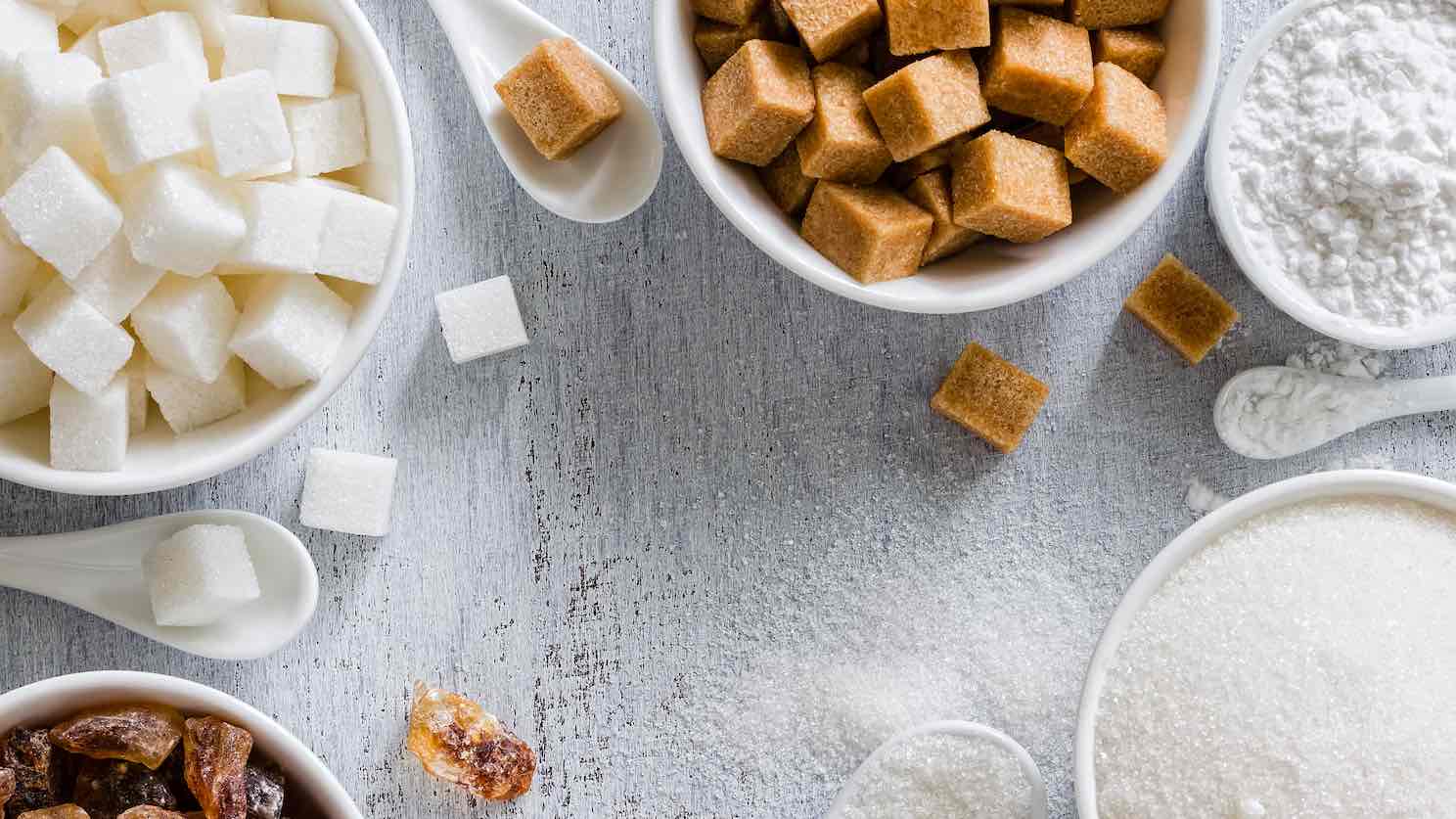Have you tried cutting refined sugar out of your diet in order to lose weight and feel healthier, only to have the opposite occur? If you’ve been swapping out sugar and replacing it with sugar substitutes, the cure may be worse than the disease.
Despite decades of use, sugar substitutes still provoke lingering concerns among consumers, and rightly so. Costhetics took a look at several popular alternatives to sugar, some with attributes that raised red flags.
Here’s what we found.
Agave Nectar – Don’t Believe Everything You Read
This commercially produced sugar alternative is derived from the agave plant, the same plant that gives us tequila. Agave is widely marketed as a healthy alternative to refined sugar, but evidence shows that just the opposite may be true.
Here’s the problem: agave actually has higher fructose content than any commercial sweetener. Those fructose levels are extremely dangerous and can lead to liver damage.
The Don’t List: Sugar Substitutes to Avoid
- Aspartame – Aspartame is an artificial sweetener made by combining two amino acids (aspartic and phenyalalanine). It adds lots of sweetness, but virtually no calories. What you may not know is that possible side effects linked to aspartame include dizziness, headache, abdominal pain, and nausea.
- Saccharin – Saccharin is made by combining sulphur and nitrogen into a compound that the body cannot break down. It is a completely calorie-free substitute for sugar, but one that also has risks. Headaches, breathing troubles, and skin eruptions are linked to the use of saccharin. There are better choices.
- Blackstrap Molasses – What makes molasses a winner is its nutrient value.In addition to simple carbohydrates, it has minerals like iron, calcium and potassium, which promote good general health. Don’t be fooled, however. The healthy calories in molasses are still calories, so over-indulging is a no-no.
Costhetics Gives Thumbs Up to These Sugar Substitutes
- Coconut Nectar – The nutrient-rich sap of the coconut tree is a delicious sweetener and an excellent alternative to refined sugar. The sap is bursting with minerals, amino acids, and vitamins. What makes coconut nectar a real winner is the fact that it requires no processing, unlike agave, the other “natural” sweetener.
- Erythritol– Erythritol is a sugar that occurs naturally in melons and pears. The body is able to absorb it, but not break it down and digest it. That means it provides sweetness without calories or a glycaemic spike. Additionally, because it is easily absorbed, this sugar substitute is less likely to cause digestive upset.
- Stevia – A natural plant extract, Stevia is super sweet, packing up to 300 times the sweetness of table sugar without the calories. A safe alternative to sugar, it can nonetheless cause bloating and nausea.
Sugar substitutes are among the most rigorously tested food products in the world. Whether developed in a lab or derived from a natural source, we know a lot more about sweeteners now than we did when the first sugar substitute, saccharin, was discovered more than 100 years ago.We still have a lot to learn.
For now, the best advice Team Costhetics has is this: Everything in moderation.
